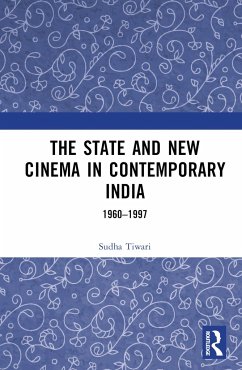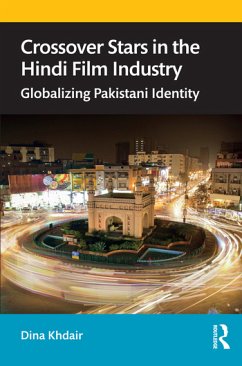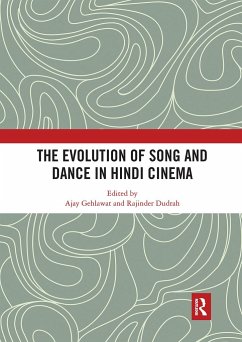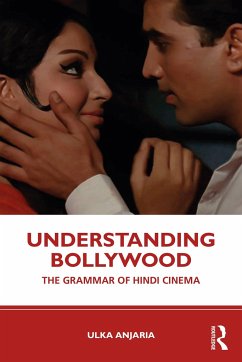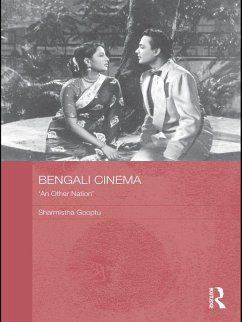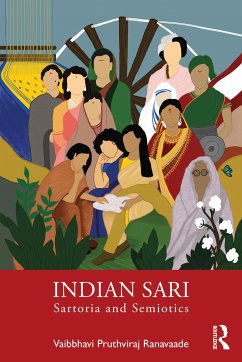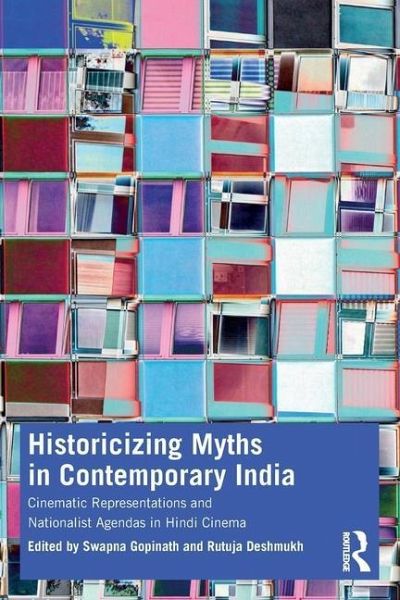
Historicizing Myths in Contemporary India
Cinematic Representations and Nationalist Agendas in Hindi Cinema
Herausgegeben: Gopinath, Swapna; Deshmukh, Rutuja
Versandkostenfrei!
Versandfertig in 6-10 Tagen
40,99 €
inkl. MwSt.

PAYBACK Punkte
20 °P sammeln!
This book examines cinematic practices in Bollywood as narratives that assist in shaping the imagination of the age, especially in contemporary India. It examines historical films released in India since the new millennium and analyses cinema as a reflection of the changing socio-political and economic conditions at any given period. The chapters in Historicizing Myths in Contemporary India: Cinematic Representations and Nationalist Agendas in Hindi Cinemas also illuminate different perspectives on how cinematic historical representations follow political patterns and market compulsions, givin...
This book examines cinematic practices in Bollywood as narratives that assist in shaping the imagination of the age, especially in contemporary India. It examines historical films released in India since the new millennium and analyses cinema as a reflection of the changing socio-political and economic conditions at any given period. The chapters in Historicizing Myths in Contemporary India: Cinematic Representations and Nationalist Agendas in Hindi Cinemas also illuminate different perspectives on how cinematic historical representations follow political patterns and market compulsions, giving precedence to a certain past over the other, creating a narrative suited for the dominant narrative of the present. From Mughal-e-Azam to Padmaavat, and Bajirao Mastani to Raazi, the chapters show how creating history out of myths validate hegemonic identities in a rapidly evolving Indian society.
The volume will be of interest to scholars of film and media studies, literature and culture studies, and South Asian studies.
The volume will be of interest to scholars of film and media studies, literature and culture studies, and South Asian studies.





